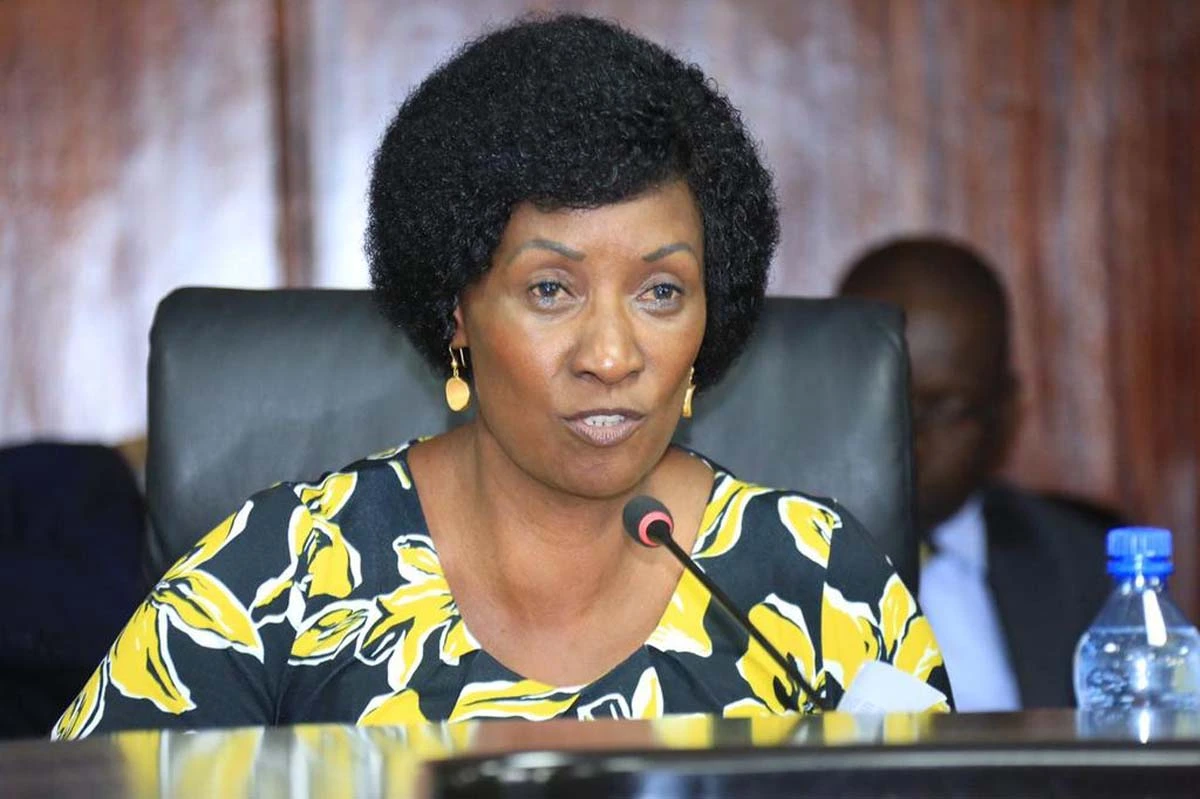The Teachers Service Commission (TSC) has made a significant move by introducing a retirement program for teachers aged fifty and above. This strategic development coincides with ongoing parliamentary discussions about the proposed bill that would enforce retirement on both teachers and civil servants once they reach the age of fifty-five. In this article, we aim to explore the implications of these changes rigorously – specifically their potential impact on Kenya’s teaching profession.
The TSC’s retirement program–outlined in a memo to county and sub-county directors–involves identifying venues for teacher sensitization on matters of retirement. Over the coming weeks, scheduled sessions will take place within various sub-counties: this proactive step by the TSC aims to equip teachers with comprehensive knowledge about their upcoming retirements; it recognizes that age dynamics within public sector may undergo potential transformation regarding when one can retire.
The current mandatory retirement age for public servants in Kenya stands at sixty years, but individuals living with disabilities can extend this to sixty-five. The proposed bill in parliament aims to lower the compulsory retirement age further down to fifty-five; a reduction they are considering as an avenue for creating employment opportunities within the public service sector specifically targeted towards youth.
This issue divides Members of Parliament; some advocate for a lower retirement age–even fifty-five. Their rationale: they aim to create opportunities for younger generations and simultaneously tackle the impending retirement wave among civil servants and teachers in coming years. The broader implications of changing retirement dynamics in Kenya underscore this debate.
Should the implementation of proposed changes occur, a substantial number of teachers and civil servants may retire earlier than anticipated. This potentiality could yield far-reaching consequences: an escalated burden on governmental finances in relation to the pension bill. The government’s decision to raise retirement age from fifty-five to sixty in 2009 represented an endeavor at managing burgeoning pension costs; however, reversing this determination could present financial obstacles for the government.
Evidenced by the National Treasury’s payout of approximately Sh69.22 billion in pension and gratuity over a six-month period leading to December 2021, substantial financial implications exist. Furthermore, a 2016 audit disclosed that a significant portion—specifically those between ages fifty-one to sixty—of national government employees could potentially pose challenges with their early retirements; thus underlining the scale at which this issue presents itself.
The proposed Public Service Commission (Amendment) Bill, 2023, introduces changes to acting appointments within the public service. It stipulates a person’s potential for an acting capacity over a period of at least thirty days but no more than six months. This measure aims to guarantee that individuals in these temporary roles fulfill all position requirements and do not devalue qualified candidates’ appointments.




